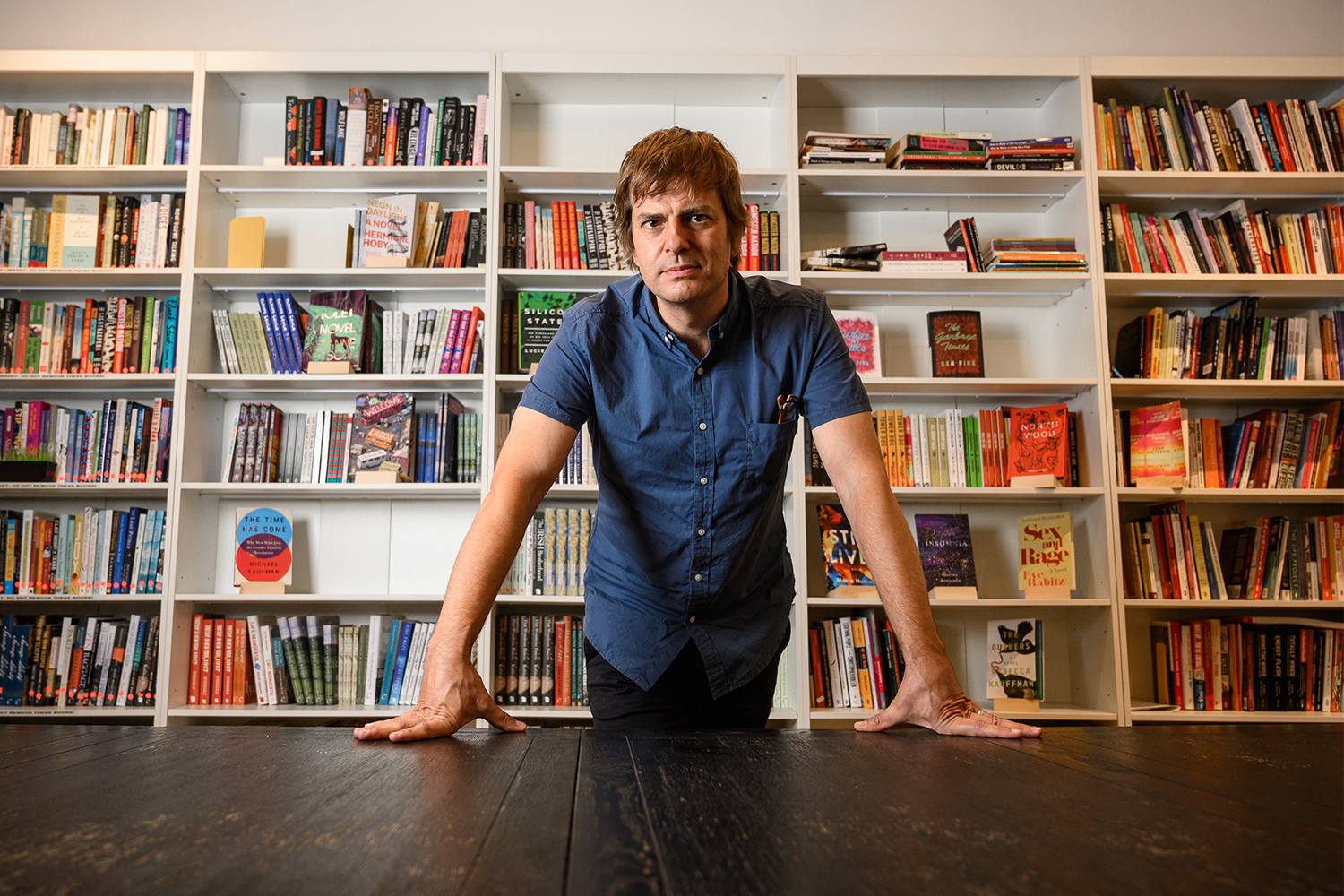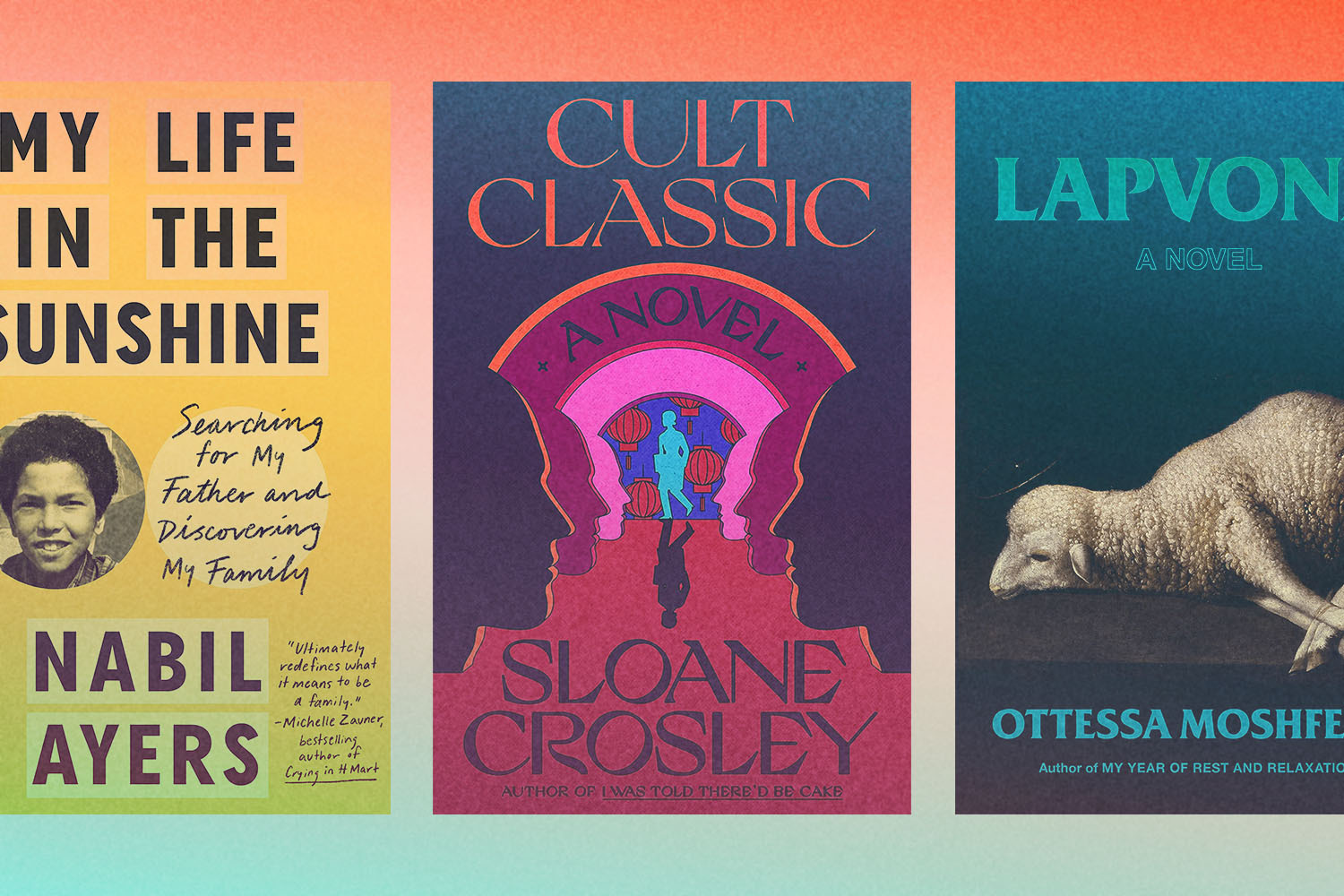In a gigantic loophole that certainly damages the pocketbooks of writers, Amazon is under fire for allowing the return of purchased e-books after a week.
The shopping giant’s rather generous seven-day return policy does offer this caveat: “If you have a high rate of return requests in your account history, the self-service refund option might be blocked.” But the language there is so vague, and it doesn’t help the writers — particularly self-published writers, who actually might end up with a negative earnings balance, according to NPR.
Why a negative balance? When an Amazon customer returns an e-book, the royalties originally paid to the author are deducted from their earnings balance (Kindle Direct Publishing having already paid the author for the initial sale).
Self-published author Lisa Kessler has been noting this loophole on social media, reminding customers that “Amazon is not a library.”
Amazon is only major e-book seller to allow a seven-day return window; as well, these are the only digital products Amazon allows for return. Outside of a complete ban on returns, some authors are suggesting that the window for returns be shut if a reader has made it more than 20% of the way through a book.
This spending hack seems to have started via social media, although recent “read and return” posts on TikTok are all aligned with the authors. “Authors love readers. They’re our lifeblood,” as Chad Ryan, a horror and fantasy writer, told NPR. “My hope is that readers will understand that influencers on TikTok and discussions on Facebook may have all the angles figured out on how to get e-books from Amazon for free, but it’s not Amazon they’re hurting here.”
If you really want to consume a lot of reading material for a modest price, you have better options than gorging on a book for six days and then returning it. To start, you could sign this petition to urge Amazon to change its policy. And if you’re a voracious reader with a limited budget, many local libraries offer two- and three-week digital checkouts for free (if you have a library card). The site Luzme allows you to search for the cheapest e-book price (and also sends alerts if you follow authors). And subscription services like Kindle Unlimited and Scribd, while not offering a Spotify-level of selection, do offer millions of titles for a monthly fee.
Or, if you truly like an author or a book, you can pay the full price and know that you’re directly supporting an artist you admire.
Thanks for reading InsideHook. Sign up for our daily newsletter and be in the know.

















